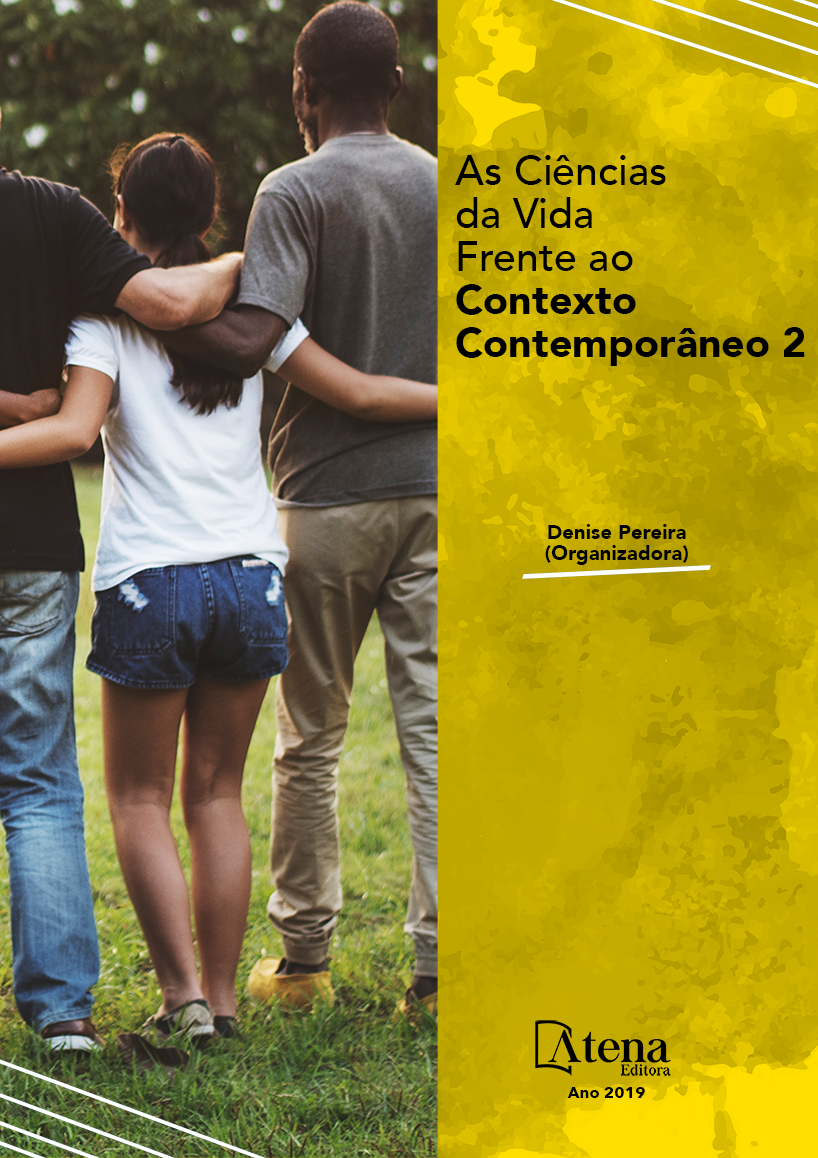
Infância, diagnóstico e medicalização: Reflexões sobre a criança na contemporaneidade
As intervenções na infância
apresentam-se atravessadas pela complexidade
de se entender o desafio do campo de
discussão que empreende o universo infantil
e suas demandas, dentre elas as relacionadas
ao espaço escolar. Analisar os processos que
atravessam o desenvolvimento infantil é dar
condições para a criança inaugurar um discurso
de sujeito singular. Desse modo, é de relevada
importância andar na contramão dos discursos
adaptativos que avaliam e diagnosticam,
elucidando conflitos sem acompanhar questões
mais específicas da história da criança. A
concepção organicista e o modelo biomédico
para justificar o comportamento da criança
está muito presente na contemporaneidade,
pois é cada vez mais comum no âmbito escolar
justificar e vincular os comportamentos das
crianças a uma patologia. Será um retrocesso
no campo educacional? Será que as crianças
não estão sendo escutadas na maneira
latente de transitar no espaço social escola? É
importante considerar que a medicina continua
constituindo um lugar de contribuição no
processo saúde-doença. No entanto, entendese
que o modo como a escola cumpre sua
função social, exige certa reflexão e cautela
diante da invasão quantitativa de classificações
lançadas sobre crianças. Reflete-se sobre o
excesso da medicalização na vida de crianças,
como também, não vestir a marca de um
diagnóstico desde a infância. Assim, o objetivo
do presente trabalho é refletir sobre o cuidado
que entende-se ser necessário ter frente a
questão da medicalização na infância, cabendo
a escola, familiares e profissionais o papel
de uma função ativa e não passiva diante da
questão em cena.
Infância, diagnóstico e medicalização: Reflexões sobre a criança na contemporaneidade
-
DOI: 10.22533/at.ed.3261903049
-
Palavras-chave: Criança. Contemporaneidade. Diagnóstico. Medicalização. Escola.
-
Keywords: Child. Contemporaneity. Diagnosis. Medicalization. School.
-
Abstract:
Interventions in childhood are
characterized by the complexity of understanding
the challenge of the field of discussion that
children’s universe and its demands, including
those related to school space. Analyzing the
processes that go through child development
is to enable the child to inaugurate a singular
subject discourse. Thus, it is important to
stand against the adaptive discourses that
evaluate and diagnose, elucidating conflicts
without accompanying more specific issues in
the child’s history. The organicist conception and the biomedical model to justify the
behavior of the child is very present in the contemporaneity, since it is increasingly
common in the school context to justify and to link the behaviors of the children to a
pathology. Is it a retrogression in the educational field? Are the children not being heard
in the latent way of transiting in the social space school? It is important to consider
that medicine continues to be a place of contribution in the health-disease process.
However, it is understood that the way the school fulfills its social function requires
some reflection and caution in the face of the quantitative invasion of classifications
launched on children. It reflects on the over-medicalization in the lives of children, as
well as not wearing the mark of a diagnosis since childhood. Thus, the objective of the
present study is to reflect on the care that is taken to be necessary to face the issue of
medicalization in childhood, with the school, family and professionals having the role of
an active and non-passive function before the issue on the scene.
-
Número de páginas: 15
- Rute Flávia Meneses Mondim Pereira d'Amaral
- IANE PINTO DE CASTRO


